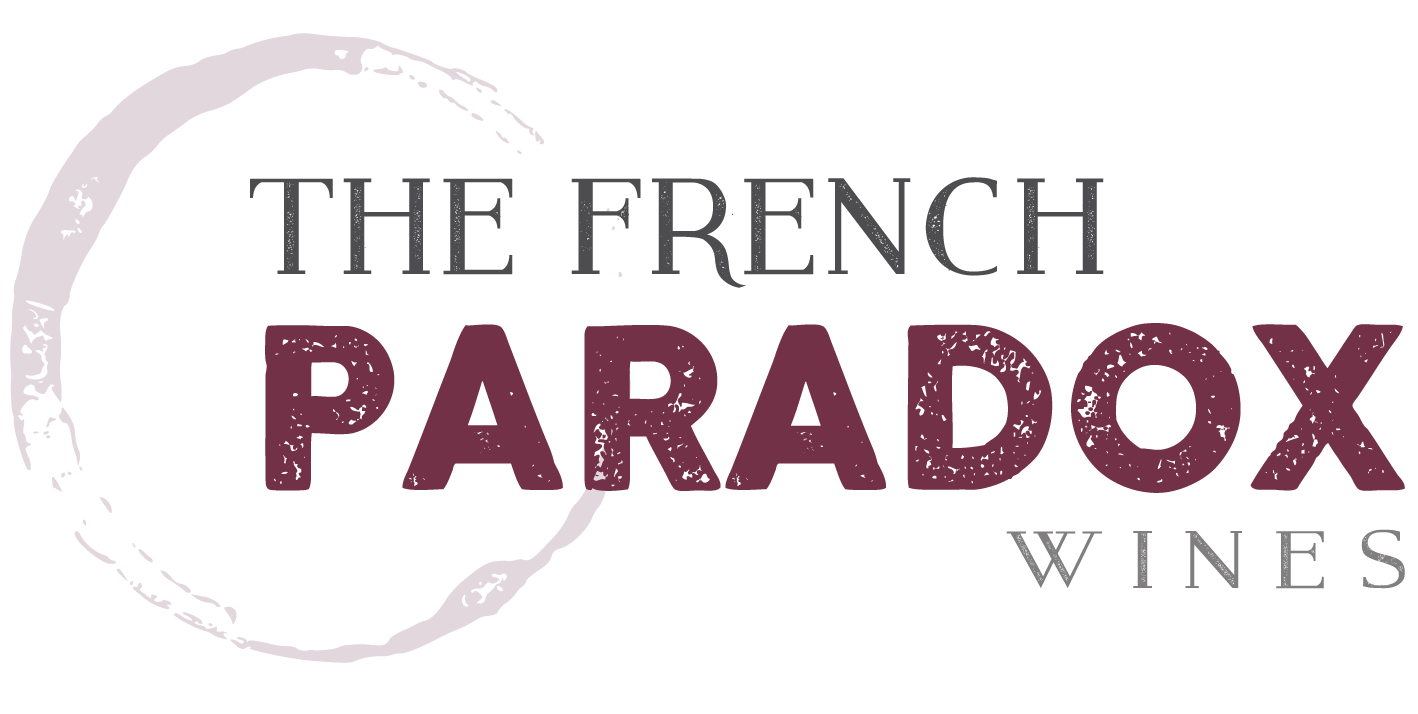You may have heard that there’s a new wine shop opened in Stevenson Village. Its called The French Paradox and, in addition to wine, it stocks spirits, beers, ciders, cheese, bread and other assorted accoutrements and accessories. The shopped is owned and manned by a father and son team; Peter and Matt Wood (Matt is really the expert, but more on in another column). And perhaps most importantly, the shop is open until 8 PM, Monday thru Saturday, finally providing the neighborhood with a shopping option after 5 PM.
Okay, you might say, fair enough. But the bigger question is, just what the hell is The French Paradox, and do we have only French wines? And if so, why?
Some of you might be old enough to remember the ‘60 Minutes’ episode from the ‘90s, where Morley Safer, sitting in a bistro in Lyon with a French cardiologist, announced that despite a diet heavy in oil, butter and animal fats, the French suffered lower incidents of heart disease than Americans.
“The farmers have been eating in this way for years. They’ve been eating a very high-fat diet, it seems, and yet they don’t get heart disease,” the doctor told Safer. “If we took the same diet and put it into an American, we would all be suffering from coronaries at an early age. There’s something about the French that seems to be protecting them, and we’re not sure what it is. We’re looking for it.”
One possible answer lay in something else on Safer’s café table: the wine. With a glass in hand, Safer explained the emerging theory that red wine can flush fatty deposits, which cling to blood platelets on the artery wall, out of the body.
“The answer to the riddle, the explanation of the paradox, may lie in this inviting glass,” Safer said.
Now, to be sure, the theory has never been verified, The American Heart Association (AHA) states on its website that no “direct comparison trials” have been conducted “to determine the specific effect of wine or other alcohol on the risk of developing heart disease or stroke.”
Nonetheless, conventional wisdom still holds that moderate consumption of alcohol, especially red wine, is ‘heart-healthy’. And we certainly don’t want to argue against that particular point of view. After all, we’re, uh, in the business of selling alcoholic beverages and encouraging moderate consumption of such.
So again…why French and what paradox?
Well, to start, we don’t only have French wines. But we are focused on wines from France. The French still produce the most wine in the world. It then stands to reason that the French produce the most good wine in the world. (And, of course, the most bad as well. But, hey, no one has a monopoly on bad wine. You can find that anywhere.) But, more important than sheer volume, French wine continues to lead the world by example. Those wines that you love from California, Australia, Chile and South Africa; that bold Cabernet, fruit-forward Shiraz, juicy Chardonnay or zesty Sauvignon Blanc all have their origin in the vineyards of France. And not just historically; those grapes and styles are planted and produced still, and in many, many instances, at prices far below their global competitors.
Another reason that we focus on French wines is educational. We love wine for its sensory expressions (taste, smell, etc), as well as its agricultural and historical references. French and other Old World wines offer both of those…estates that have been growing grapes and making wines for centuries, vineyard practices that have been organic and sustainable long before it was popular. Grapes and vines from France populated the emerging vineyards of South Africa in the 18th century, Australia in the 19th century and North and South Americas in the 20th century. In France, the history of farming, government and society can be told through the history of the vines.
Finally, we focus on French wines because they represent the alpha and omega of wine. The absurdly expensive wines of Bordeaux are offset by the ridiculously inexpensive wines of the Southwest. The austerity of Chablis matched by the voluptuousness of Montrachet. The brooding intensity of Cornas juxtaposed against the joyful effervescence of Champagne. In short, France has it all.
Back to the Paradox thing…the French Paradox. To us, the paradox is not at all the question of the low incidence of heart disease (which is really not true anyway). It’s the paradox of French wine itself. Arguably, the finest French wines are made of grapes from the worst agricultural areas imaginable. In Champagne and Chablis, is cold and often wet, the soil is made of ancient oyster shells and if you don’t pick by September, the migrating birds will strip the vines bare. In Burgundy, sometimes the Pinot Noir refuses to ripen as the sun seldom shines. In the southern Rhone, the soil is stony and harsh, and the mistral keeps it hot and dry, unless of course it rains and floods the vineyards. In short, the Paradox is how did these wines become, and stay great throughout the centuries?
We’ll let you know when we figure it out.
